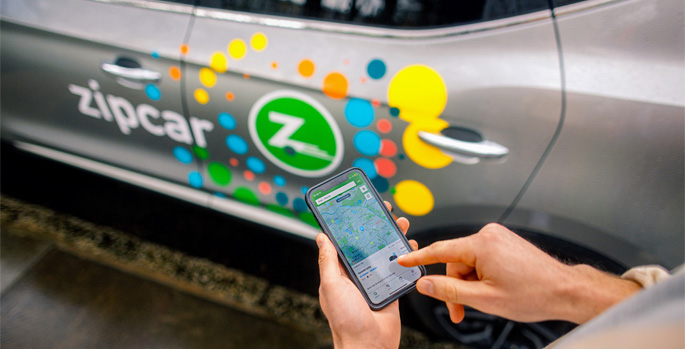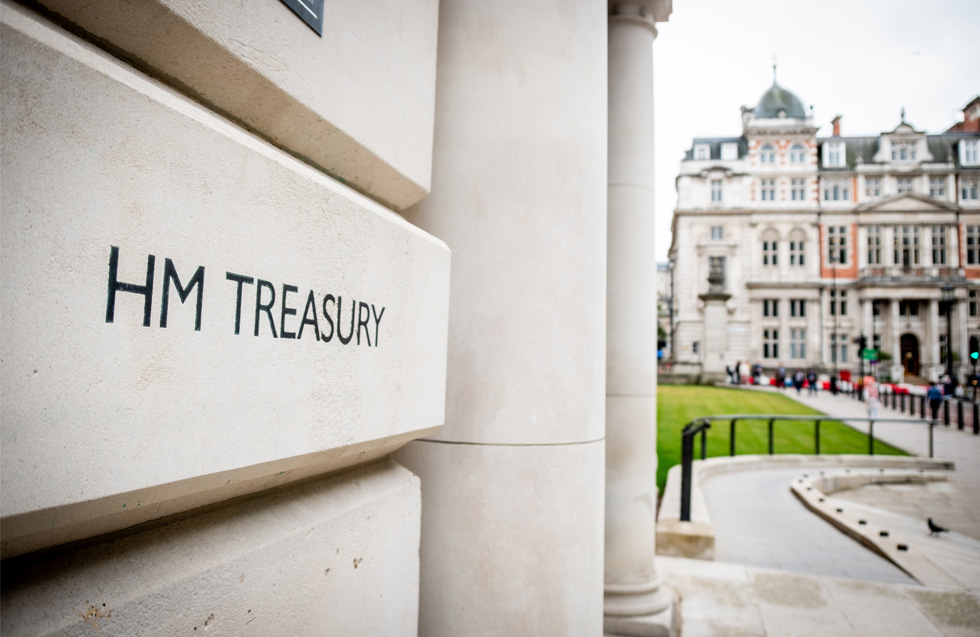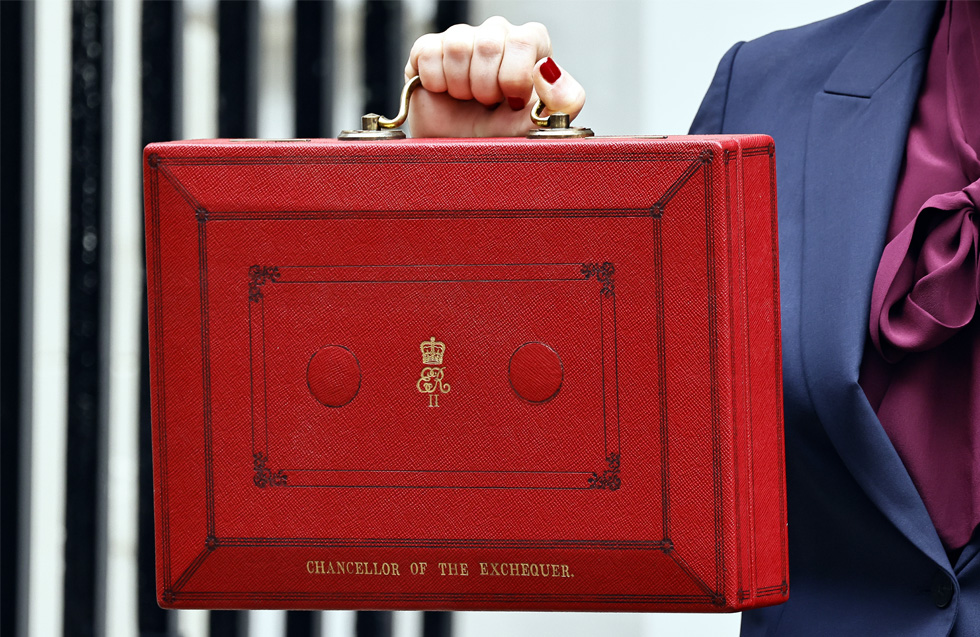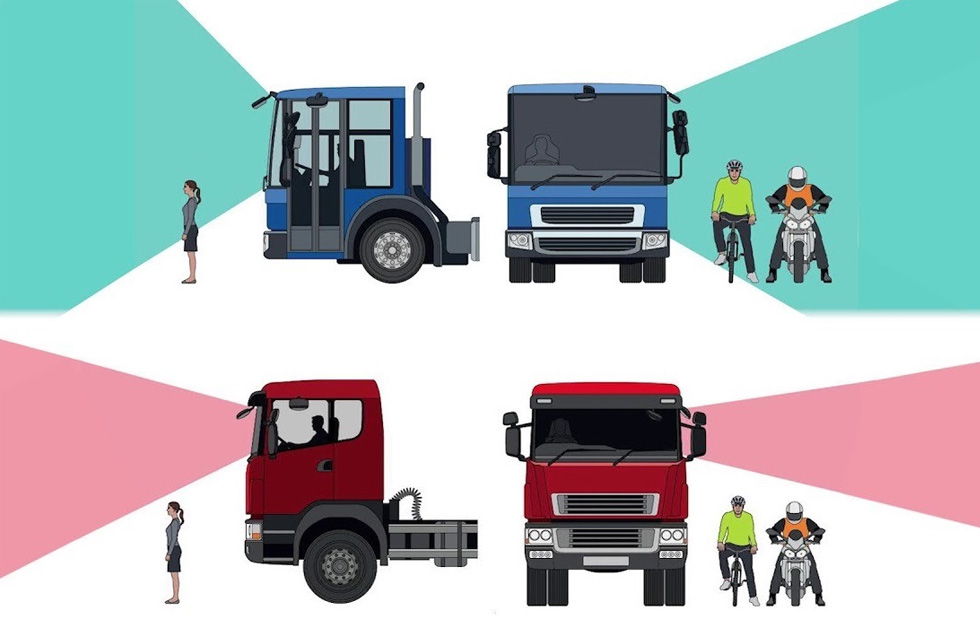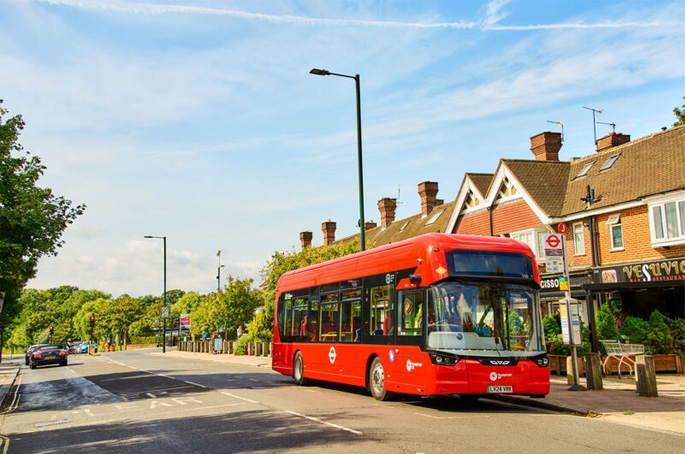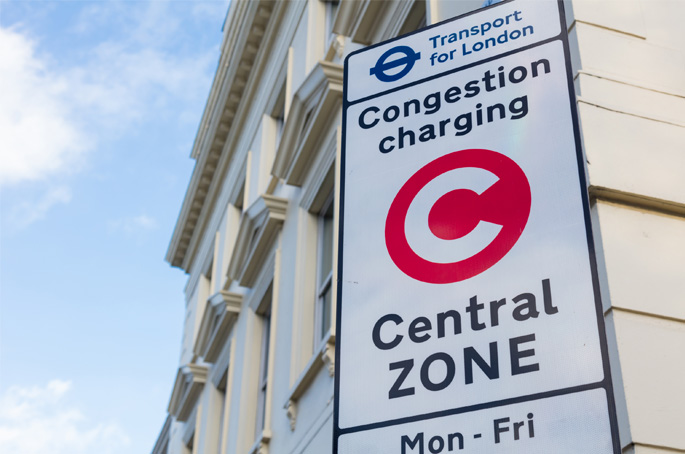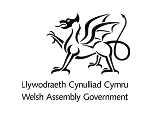Proposed increases to London's congestion charge could cost electric vehicle (EV) users an additional £75m per year, with car clubs also seeing a potential £1m hike in operating costs.
An FOI request made by Auto Express magazine earlier this summer showed that Transport for London (TfL) expects to generate up to £75m per year by charging EVs for the first time.
A public consultation for the proposed changes that closed earlier this week featured plans to end the EV exemption so the discount falls from 100% to 25%, before reducing it again to 12.5% after 2030.
The charge would also increase by a fifth from £15 to £18 for general users.
Planned changes for discounted users:
From 2 January 2026:
- 50% discount for electric vans, Heavy Goods Vehicles (HGVs), light quadricycles and heavy quadricycles registered for Auto Pay
- 25% discount for electric cars registered for Auto Pay
From 4 March 2030:
- 25% discount for electric vans, HGVs, light quadricycles and heavy quadricycles registered for Auto Pay
- 12.5% discount for electric cars registered for Auto Pay
Collaborative Mobility UK (CoMOUK), a shared transport charity, warned that the proposed changes could force car clubs to increase prices for consumers.
Car clubs could also resort to cutting the size of their fleets and the number of EVs they run, CoMOUK suggested.
According to the charity, one car club currently operating in London has estimated that the impact of the first two policies will cost it around £878,000 on average over the next five years, due to the £305,000 cost incurred by the increased congestion charge and £573,000 lost because of the removal of the 100% EV discount.
Annual costs are then expected to exceed £1m per year once the EV discount is cut again to 12.5 per cent in 2030.
CoMoUK called for EVs that are part of car club schemes to be exempt from the changes to the charge, and continue to receive the 100% discount when entering the charging zone. They are also asking for a reduced congestion charge fee level for non EV car club vehicles.
It also recommends that car club vehicles based within the zone should be eligible for a 100% residents' car club vehicle discount, as it warns that they could become ‘economically unviable' if this is not introduced.
Richard Dilks, chief executive of CoMoUK, said: ‘Car clubs are making a big contribution to reducing car ownership and mileage in London, with members more likely to embrace active travel and public transport too. Each car club vehicle replaces 31 private cars in the capital, freeing up space, cutting congestion, and improving air quality.
‘It would therefore be utterly baffling if car clubs were treated as private cars under these changes. We hope that TfL listens, before it is too late.'
Shared cars not in TfL's club
A report from the London Assembly's Transport Committee, published earlier this year, criticised the lack of a city-wide strategy on car clubs from TfL, stating that its approach needed to be ‘urgently' revisited.
It recommended that the Mayor should produce a cross-London action plan for car clubs within the next 12 months.
Oliver Lord, UK head of the Clean Cities Campaign, added: ‘Electric car clubs are a climate solution that can be deployed quickly and at scale, but London is missing out, trailing well behind major cities such as Paris, Rome and Berlin. We need better policies that support electric car clubs.'
Transport for London has been approached for comment.
Image credit: CoMoUK

